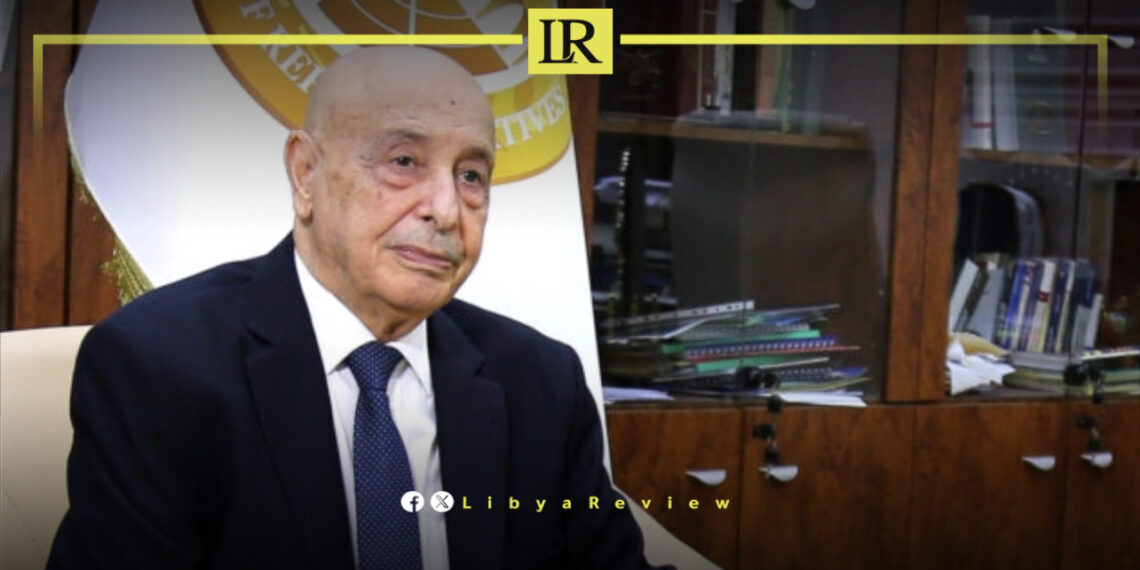The Speaker of the Libyan House of Representatives, Ageela Saleh, met on Sunday with several university presidents from across Libya to address pressing issues in higher education.
The meeting, held at Saleh’s office in the city of Al-Qubbah, focused on improving the performance and administrative frameworks of Libyan universities. Discussions emphasized the need to enhance educational standards for students, faculty, and staff.
Saleh assured the university leaders that the House of Representatives is committed to resolving all obstacles hindering the progress of university education. He stressed the importance of empowering universities to fulfill their roles in advancing the academic achievements of Libyan students nationwide.
University presidents expressed their appreciation for Saleh’s ongoing efforts to address the broader Libyan crisis and support the educational sector.
Libya has been in chaos since a NATO-backed uprising toppled longtime leader Muammar Gaddafi in 2011. The county has for years been split between rival administrations.
Libya’s economy, heavily reliant on oil, has suffered due to the ongoing conflict. The instability has led to fluctuations in oil production and prices, impacting the global oil market and Libya’s economy.
The conflict has led to a significant humanitarian crisis in Libya, with thousands of people killed, and many more displaced. Migrants and refugees using Libya as a transit point to Europe have also faced dire conditions.
The planned elections for December 2021 were delayed due to disagreements over election laws and the eligibility of certain candidates. This delay has raised concerns about the feasibility of a peaceful political transition.
Despite the ceasefire, security remains a significant concern with sporadic fighting and the presence of mercenaries and foreign fighters. The unification of the military and the removal of foreign forces are crucial challenges.


